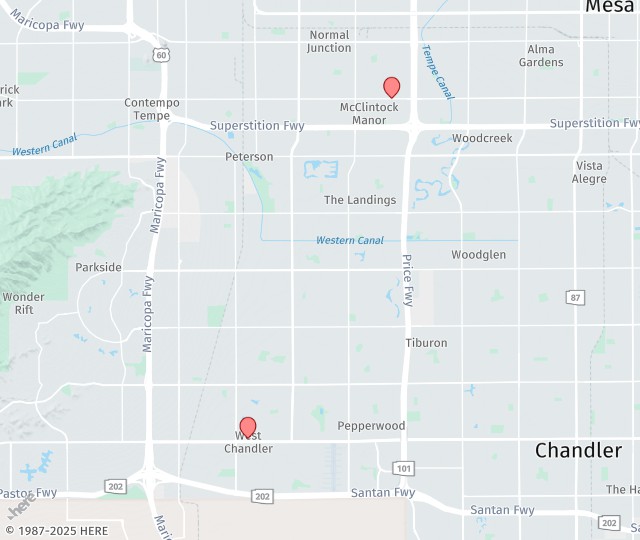
At Tempe Primary Care, Frank Rosenberg, FNP-C, and his skilled team bring decades of combined experience in family practice, primary care, and the management of chronic conditions. Frank holds advanced training as a Family Nurse Practitioner with an emphasis on rural and underserved health, and he was recognized as an AHEC Scholar for his work in Arizona. With support from physicians like Dr. Michael Druschel and Dr. Laura Wade, the clinic delivers expert care and personalized preventive strategies.
Risks of Untreated High Cholesterol
Even without symptoms, cholesterol can quietly damage your cardiovascular system. Excess LDL cholesterol leads to the buildup of plaque in your arteries, a condition known as atherosclerosis. This buildup increases your risk for serious health issues:
- Heart attack: Blocked blood flow can damage heart tissue.
- Stroke: Plaque can reduce blood supply to the brain.
- Peripheral artery disease: Narrowed arteries affect circulation in the limbs.
- High blood pressure: Stiff arteries make your heart work harder.
- Kidney disease: Reduced blood flow impacts kidney function.
Because these risks develop over time, the absence of symptoms can give a false sense of security.
Why Regular Cholesterol Testing Matters
The only way to know your cholesterol levels is through a simple blood test called a lipid panel. This test measures total cholesterol, LDL, HDL, and triglycerides. According to the American Heart Association, adults should have their cholesterol checked every 4 to 6 years, or more frequently if they have risk factors.
Regular testing helps:
- Detect problems early: Identify rising cholesterol before complications start.
- Guide treatment decisions: Providers use results to create personalized plans.
- Track progress: Follow improvements from lifestyle changes or medication.
- Prevent long-term damage: Reduce the risk of heart disease and stroke.
Routine cholesterol checks give you control over your heart health, rather than leaving it to chance.
How Tempe Primary Care Supports Heart Health
At Tempe Primary Care, cholesterol management is part of comprehensive cardiac care. Your provider may recommend lifestyle counseling, medication when necessary, and regular follow-up visits. The team also considers other risk factors, such as blood pressure, diabetes, and weight management. This holistic approach ensures that patients receive care that reflects their full health picture.
Take Charge of Your Heart Health Today
High cholesterol has no symptoms, but its impact can be life-changing. Tempe Primary Care in Tempe, AZ, delivers preventive cardiac care and cholesterol treatment for patients across Mesa and the East Valley. Call 602-283-0080 today to schedule a cholesterol screening and discover how proactive management can protect your long-term health.
